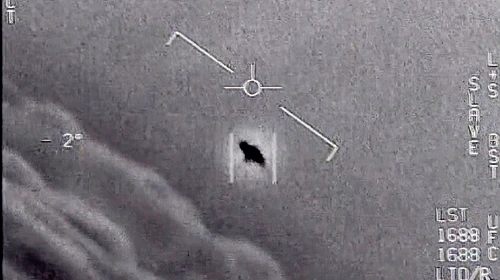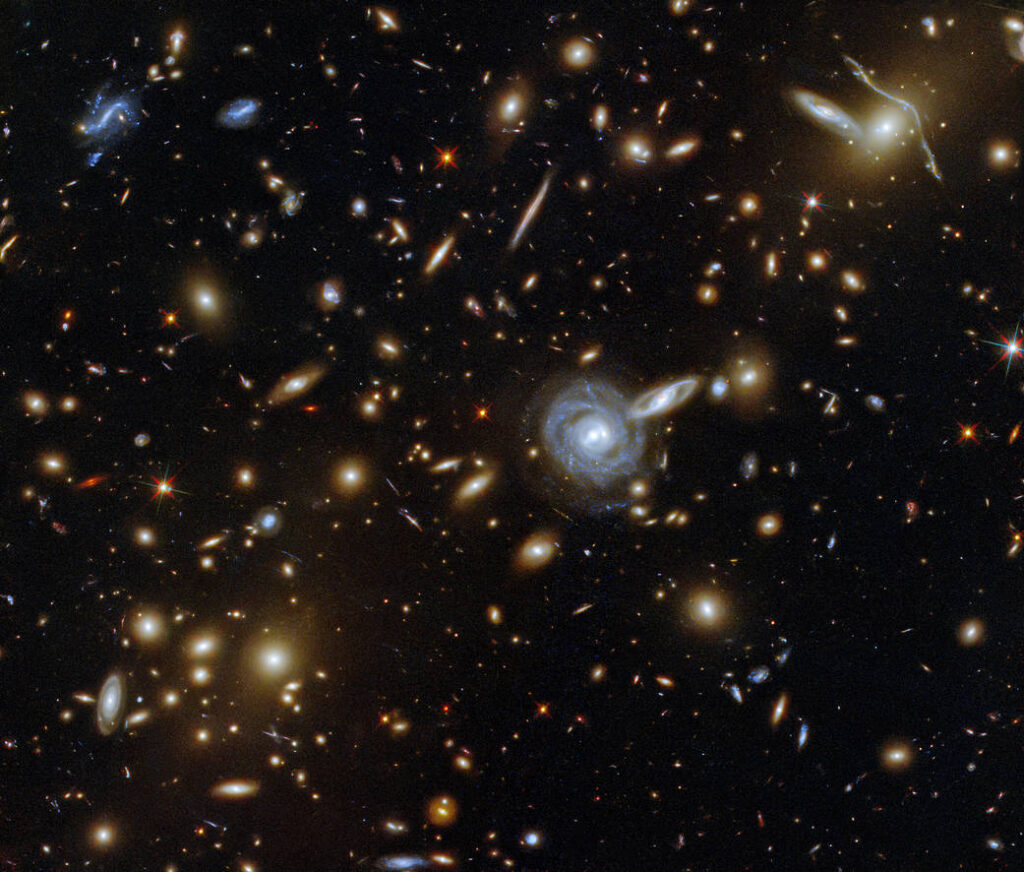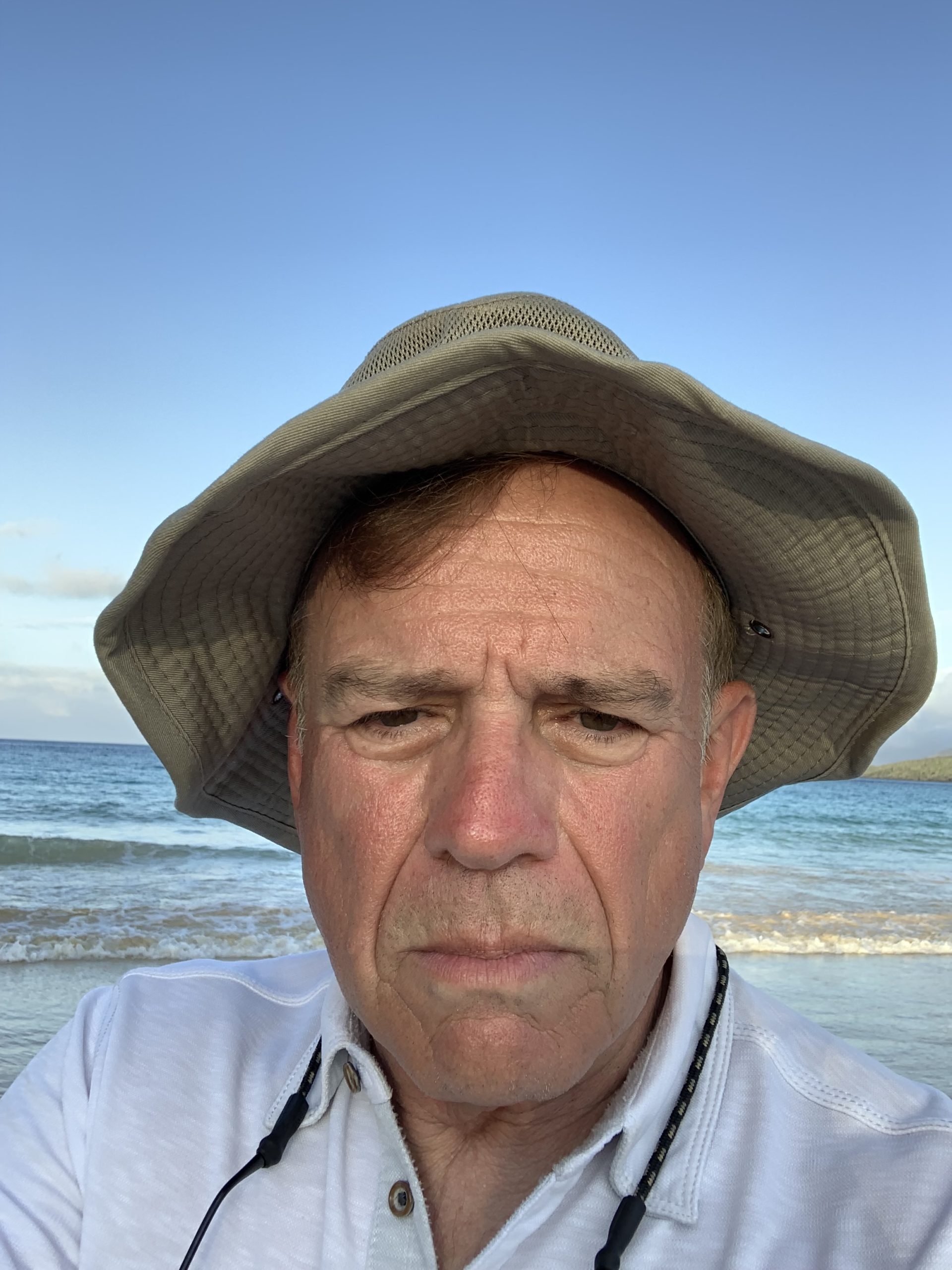An Epistemological Study by Peter Pavarini

Two recent events caused me to consider how Americans assimilate information on controversial topics such as unidentified anomalous phenomena (UAP) – popularly known as UFOs. The first was the House Oversight Subcommittee hearing held on July 26, 2023, which received testimony from three retired military officers regarding an alleged government coverup.[i] The second was the inclusion of a 9,700-word section in the National Defense Authorization Act compelling the disclosure of records regarding the federal government’s “knowledge and involvement surrounding UAP.[ii]”
For a few days, both news stories attracted a fair amount of media attention, then inexplicably disappeared beneath a deluge of coverage of the upcoming presidential election. If the UAP story was important enough to be addressed by both houses of Congress, one might wonder why something previously dismissed as a “fringe theory” suddenly rocketed to the top of the legislative agenda only to vanish a few days later.
How We Know What We Know
Epistemology is the branch of philosophy which investigates how we know what we know. In practical terms, it seeks to understand how someone’s thinking on a subject goes from being a hunch to a fact-based belief.
Generally speaking, people only perceive what they already believe exists. An anomalous experience is often misunderstood simply because it wasn’t anticipated. This mindset has always been an impediment to human discovery. Even those who claim to “believe in the science” can fall victim to the fallacy of scientism, that is, a belief in scientific theories without regard to the facts.
A Brief History of the Public’s Belief in UFOs
The existence of UFOs has been hotly debated since at least 1947[iii] when debris from a “crashed spaceship” near Roswell, New Mexico was reportedly recovered by the US military. No matter what someone believes about that incident, it’s indisputable that thousands of UFO sightings have been reported and become more frequent since the space programs of the US, Russia and other countries have captured the imagination of people everywhere. Concurrently, as public trust in the government has declined over the past few decades, some of the most incredulous claims about UFOs have taken on an aura of legitimacy.
Media coverage about the recent UAP hearing and the Senate bill on UAPs provides an opportunity to study how the government’s decision on whether it should disclose certain information shapes popular opinion and belief.
Polling Results
Notwithstanding growing evidence of UAP activity (not only the quantity but also the quality of recorded images and other information), polls suggest that public opinion hasn’t changed much in the last decade or two.[iv] About 10% of those polled say they’ve personally witnessed UAP and another 40% claim they know others who have. Despite nearly half of the population having primary or secondary experience with such phenomena, about 60% of people polled still conclude that most incidents are due to human activity or natural causes of the terrestrial kind. In other words, however these phenomena are explained, most people believe they have an earthly origin.
That said, a staggering 75% of people polled believe humans are not alone in the universe and, whether or not they have the ability to visit us, extraterrestrial life forms probably exist. Perhaps the real reason the UAP issue remains so controversial is that most people still don’t know what to believe about them.
What I find most interesting, however, is not what people say they believe about UAP but what they say about the guardians of the evidence accumulated over the past 75 years. Based upon a 2021 CBS News poll, as many as 73% of Americans now believe that the US government is hiding much of what it knows about UAP. This could explain why Congress suddenly decided to come clean. Even among normally levelheaded academics, the degree of suspicion is now extremely high. In a recent University of Virginia study of professors representing 14 disciplines at 144 doctoral universities, almost a fifth have admitted to “strange sightings” but have remained silent because of the fear of professional stigma.[v]
Why the Secrecy?
This begs the question: what’s so explosive about the information being safeguarded that its guardians are determined to carry those secrets to their graves rather than share them with fellow citizens?[vi]
The most compelling and most easily justified rationale for the government’s nondisclosure is the strategic military value of what has been learned from studying tangible evidence of UFOs. Some have argued that, if America’s adversaries gained access to what we already know about extraterrestrial technology, it would be “game over”. They also say this is the only thing which still gives the US a military advantage over China, Russia and others who threaten our national security. By reverse engineering the stuff left behind by these extraterrestrial visitors, we may have been able to accelerate our understanding of semiconductors, stealth aircraft, metallurgy, and other advanced technologies. Indeed, there are those who contend we only have some of current defensive capabilities because they were derived from extraterrestrial sources. Further, we could be entering a new scientific age in which alternatives forms of energy (such as plasma) and gravitationally based propulsion systems are developed.
However, the government could have reasons for UAP secrecy that are harder to justify. Without our knowledge or consent, the keepers of these secrets may be using them to explore dimensions beyond our current understanding of the time/space continuum. Powers such as telepathy, telekinesis and forces previously imagined only by science fiction and fantasy writers may already be in the hands of a small cadre of government illuminati. If that’s true, we have plenty of reason to be concerned.
There is also the fear that humankind is just not ready to accept co-existing with one or more intelligent forms of life, particularly ones far more advanced than ourselves. That may have been true when Orson Welles presented his radio drama War of the Worlds in 1938, but after decades of watching sci-fi flicks featuring all kinds of extraterrestrials, most of the world’s population should be adequately prepared for such a scenario.
Remaining Open to Alternative World-Views

In his book A Brief History of Everything[vii], author Ken Wilber said:
“Different world-views create not just different views about the world, they actually create different worlds altogether.”
The UAP question arguably represents the greatest threat to Western Civilization’s world-view since Galileo proposed a heliocentric model for the solar system. As “enlightened” as we think we are, since the Enlightenment, our reality has been limited by what we perceive and know for sure about the physical world. Such a world-view puts human knowledge at the very top of the intellectual hierarchy and scoffs at anything that supposedly comes from unseen sources, such as the metaphysical world. Any phenomenon, like a UFO, that crosses over from one world-view to another presents a serious challenge to way we think.
For the record, I’ve personally never experienced UAP nor do I know anyone who has. This could mean I’ve lived an extremely sheltered life or I’m not as right-brained as I’d like to believe. Nevertheless, my belief in things outside the range of my five senses is strong and growing stronger as I age. My faith in an unseen God remains the foundation upon which I base my entire world-view. Moreover, the strength of that faith gives me the courage to explore anything outside the realm of what I’ve personally experienced.
Whether or not UAP/UFOs are in fact real, I cherish my God-given freedom to seek the truth – about them and everything else.
[i] One of the witnesses, David Grusch, claimed whistleblower protection for his testimony about “non-human” spacecraft and their “dead pilots”.
[ii] S. 2226 passed the Senate on a bipartisan vote of 86-11 on July 27, 2023.
[iii] The Congressional testimony received on July 26, 2023, indicated that earlier reports of UFOs surfaced in Europe during the 1930s.
[iv] Aleks Phillips, “UFO Hearings Haven’t Changed What Americans Believe”, Newsweek, August 11, 2023.
[v] One commentator on the University of Virginia UFO study jokingly said “tenure might be tricky for you – good luck.”
[vi] Joe Rogan’s podcast #2028 featuring journalists Jeremy Corbell and George Knapp does an excellent job dissecting this issue. It does so without presupposing the truth or falsity of the UAP/UFO issue.
[vii] Shambhala Publications (1996).

Be First to Comment